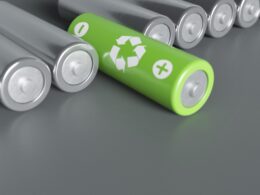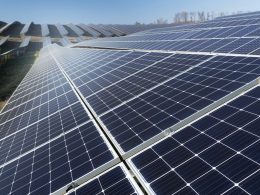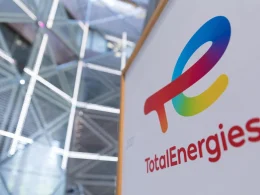Ingka Investments, the investment arm of the Ingka Group—the largest IKEA retailer globally—has officially inaugurated its first solar park in Poland. Located in Recz, the solar facility has a capacity of nearly 29 megawatts (MW) and is expected to generate around 30 gigawatt hours (GWh) of electricity annually. Equipped with approximately 53,000 solar panels, the park spans 28 hectares and can meet the energy needs of over 12,000 Polish households.
Frederik de Jong, Head of Renewable Energy at Ingka Investments, stated: “Since 2009, and as part of a €7.5 billion initiative to support 100 per cent renewable energy consumption across the value chain and beyond, Ingka Investments has invested and committed €4.2 billion into renewable energy projects in wind and solar. Our scope also includes innovation in transitional technologies, such as energy storage, hydrogen, and grid infrastructure.”
Ingka Investments has been active in Poland since 2011 and already operates seven wind farms with a combined capacity of 242 MW. In September 2024, it launched a 62.5 MW wind farm in Wysoka, utilising advanced turbine technology.
With the addition of the Recz solar park, Ingka Group’s Polish energy portfolio now includes seven wind farms and one solar park—together generating enough electricity to power roughly 260,000 households annually.
“The solar park in Recz marks another milestone in our strategy to invest in renewables and bolster energy security in Poland,” said Ewa Teodorczyk, Country Manager of Ingka Investments in Poland. “We believe that a diversified approach to renewable energy is essential to building a more sustainable future.”
Developed in partnership with Enerparc, a leading European renewable energy developer, the Recz project supports Ingka Group’s target of sourcing 100 per cent renewable electricity for its retail operations by the end of financial year 2025. The group’s renewable assets in Poland already produce more energy than is consumed across IKEA’s local operations, including stores, warehouses, and offices—aligning with IKEA’s broader commitment to achieving net-zero emissions by 2050.





















